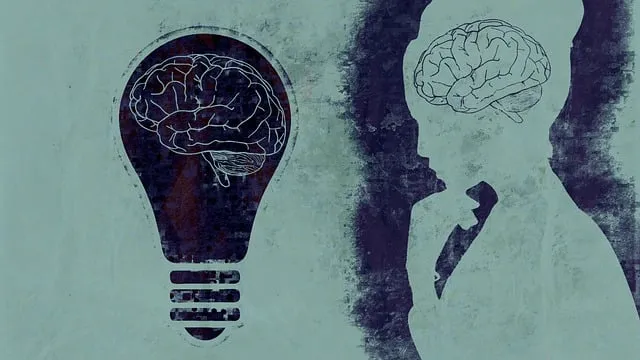Creating a therapeutic environment at Kaiser Permanente mental health appointment centers in Broomfield is crucial for successful group sessions. Facilitators use active listening, structured agendas, and risk management strategies to ensure participants feel respected and engaged without judgment or overwhelm. This collaborative approach enhances individual mental wellness and strengthens the supportive community within the center, focusing on techniques like Mental Wellness Journaling Exercises Guidance, Mental Health Policy Analysis and Advocacy, clear group norms, and interactive activities for trauma support.
“Unleashing the power of community support in mental wellness journeys, this article explores proven group facilitation techniques at Kaiser Permanente Mental Health Appointment Center, Broomfield. Discover how creating a safe haven, fostering open communication, and designing engaging activities can transform group sessions into powerful therapeutic environments. From establishing norms to facilitating goal-setting, learn strategies to enhance mental health support within the dynamic setting of Kaiser Permanente Broomfield.”
- Setting a Therapeutic Environment for Group Sessions at Kaiser Permanente Broomfield
- – Creating a safe and supportive atmosphere
- – Establishing group norms and expectations
Setting a Therapeutic Environment for Group Sessions at Kaiser Permanente Broomfield

Creating a therapeutic environment is paramount when facilitating group sessions at Kaiser Permanente mental health appointment centers like Broomfield. This involves cultivating a safe and supportive space where every participant feels heard, respected, and valued. Techniques such as active listening, non-verbal cues, and structured agenda ensure members engage in meaningful discussions without feeling overwhelmed or judged. Facilitators should also consider the physical layout, incorporating elements that promote relaxation and comfort to enhance overall well-being.
At Kaiser Permanente Broomfield, facilitators play a crucial role in risk management planning for mental health professionals by fostering open communication and establishing clear boundaries. By integrating burnout prevention strategies into group sessions, facilitators contribute to public awareness campaigns development, encouraging members to share their experiences and offer support to one another. This collaborative approach not only bolsters mental wellness but also strengthens the community within the appointment center.
– Creating a safe and supportive atmosphere

Creating a safe and supportive atmosphere is paramount when facilitating mental wellness groups at Kaiser Permanente mental health appointment centers, such as those in Broomfield. It forms the foundation for fostering open communication and encouraging participants to share their experiences. Group facilitators play a crucial role in cultivating this environment by demonstrating active listening, empathy, and non-judgmental attitudes. They ensure every member feels valued and respected, creating a space where individuals can freely express their thoughts and emotions without fear of stigma or criticism.
This sense of safety is enhanced through structured activities that promote inner strength development. Techniques like Mental Wellness Journaling Exercises Guidance encourage participants to reflect on their feelings and progress. By documenting their experiences, individuals gain insights into their mental health patterns, fostering self-awareness and personal growth. Moreover, facilitators can incorporate elements from Mental Health Policy Analysis and Advocacy, sharing relevant resources and information that empower group members to take charge of their well-being and advocate for policies supporting mental wellness in their communities.
– Establishing group norms and expectations

Establishing a safe and supportive environment is paramount when facilitating mental wellness groups at Kaiser Permanente mental health appointment centers in Broomfield. The initial steps involve setting clear group norms and expectations. This process empowers members to understand and respect each other’s boundaries, fostering an inclusive atmosphere. By encouraging active participation and promoting open communication, facilitators create a space where individuals feel comfortable sharing their experiences, especially when discussing sensitive topics like trauma.
Group norm development helps members build resilience and enhances their ability to offer and receive support. Techniques such as ground rules discussions, icebreakers, and interactive activities allow participants to connect on a personal level while establishing mutual understanding and empathy. This foundation is crucial for effective Trauma Support Services and the overall success of Resilience Building initiatives within Mental Wellness Coaching Programs Development at Kaiser Permanente Broomfield.
Group facilitation techniques play a pivotal role in enhancing mental wellness at Kaiser Permanente mental health appointment centers, such as Broomfield. By creating a safe and supportive atmosphere and establishing clear group norms, facilitators can foster meaningful connections and encourage open communication among participants. These strategies are essential for navigating the complex dynamics of group therapy, ultimately contributing to positive outcomes for those seeking support at these facilities.






